7 Views· 11 November 2022
Easy English Lesson: turn on, turn off, turn up, turn down
In this English lesson for beginners, I will teach you the correct expressions to use to talk about your gadgets. We often use 'turn' phrasal verbs to talk about using gadgets or electronics. By the end of the lesson, you will know how to use the prepositions 'ON', 'OFF', 'UP', and 'DOWN' with the verb 'TURN'. This is an easy lesson, but many students make mistakes using these words. Don't be one of them! Watch my video, then take the quiz at: http://www.engvid.com/easy-eng....lish-lesson-turn-on-
TRANSCRIPT
Doo-doo-doo-doo-doo-doo-doo-doo-doo-doo-doo-doo-doo-doo. Hello. Hi. James from engVid. You might have noticed that my voice changed. I went from soft to loud. Now, many students I find have a problem when it comes to electronics. They don't know whether they should use, or if they should use "up", "down", "on", or "off". Today is a basic lesson on those things. So, let's go to the board and take a look.
Now, when we talk about electronics, which could be something as simple as your cellphone-okay?-what happens is people want to use them, which is fine if you're doing it for yourself, but when you're talking to other people and you want them to do something for you. You notice that this cellphone is, would you say "down" or "off"? All right? That's the lesson we're going to do today. What do you say when you want to change the condition of this cellphone? We'll start right now.
E, so are we going to turn up the volume or turn on the volume? Well, I notice "dunh-dunh-dunh-dunh-dunh-dunh-dunh-dunh-dunh" the music is already on. This is low volume and this is high volume, but how do we change them? Let's start with some basic definitions.
First, "turn", that was a turn. It's to move around a centre. Here's a centre, I turn around a centre, or to reverse a position. Interesting. Both of these definitions we need to understand if we say: "turn up" or "turn on". The first one, to turn around a centre, we have to go back in time a little bit. You're from the Modern Age, so when you press your toys, you just press. But when I was a little boy a long time ago, when the Indians rode on the plains... I'm not that old, but I feel that way. What happened was we used to have televisions and radios, and we would turn, we would turn them if we wanted more volume.
So if you look over here, where I said turn means to reverse a position, you have 360. So, I feel like we're doing an old science lesson. And boys and girls, we will now demonstrate the turning mechanism. Here we go. We will turn up the power, and turn down the power. Which means reverse. So we're going to look here, and you notice I have to turn. Okay? This is a very old machine. Some of you won't recognize this. It's a film projector. Yeah, we don't use these now. Anyway. But the point was: The technology, you had to actually do something with it, and that's where we get the ideas for "up", "down", "on", and "off". We're switching. We're either reversing the position or moving around a centre.
Now, when you have a lot of movement or 360, which is basically a circle... All right? When you have a circle, this is why we talk about turning up and down, because as you turn it, you can increase the power or decrease the power, or make the sound higher or make the sound lower. In fact, in the old days, they used to do this for television, radios, and lights. You would turn up and you would increase it so it would get more. So here's the 360, or you would go more, more, more, more, more. Or you would turn it down and decrease it and you would get less, less, less, less. So the room could be darker if you're talking about light. If sounds all of a sudden the voice would get lower, lower and disappear. Okay.
So that's why when we talk about volume on televisions or radios, we say: "Hey, could you turn up the volume?" And if you think about this machine, okay? Turn up the volume, turn down the volume.


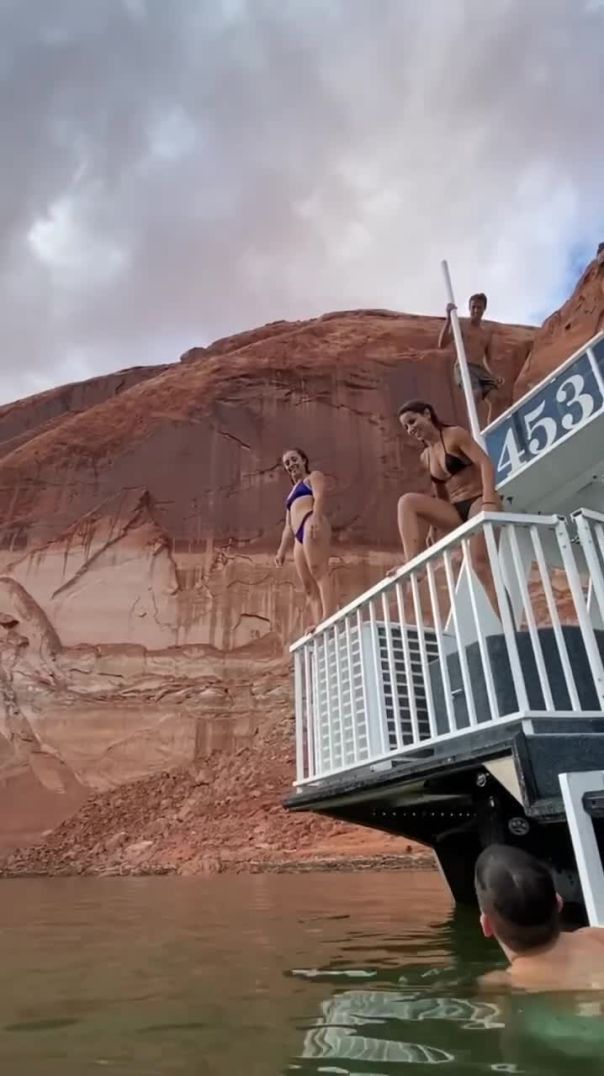
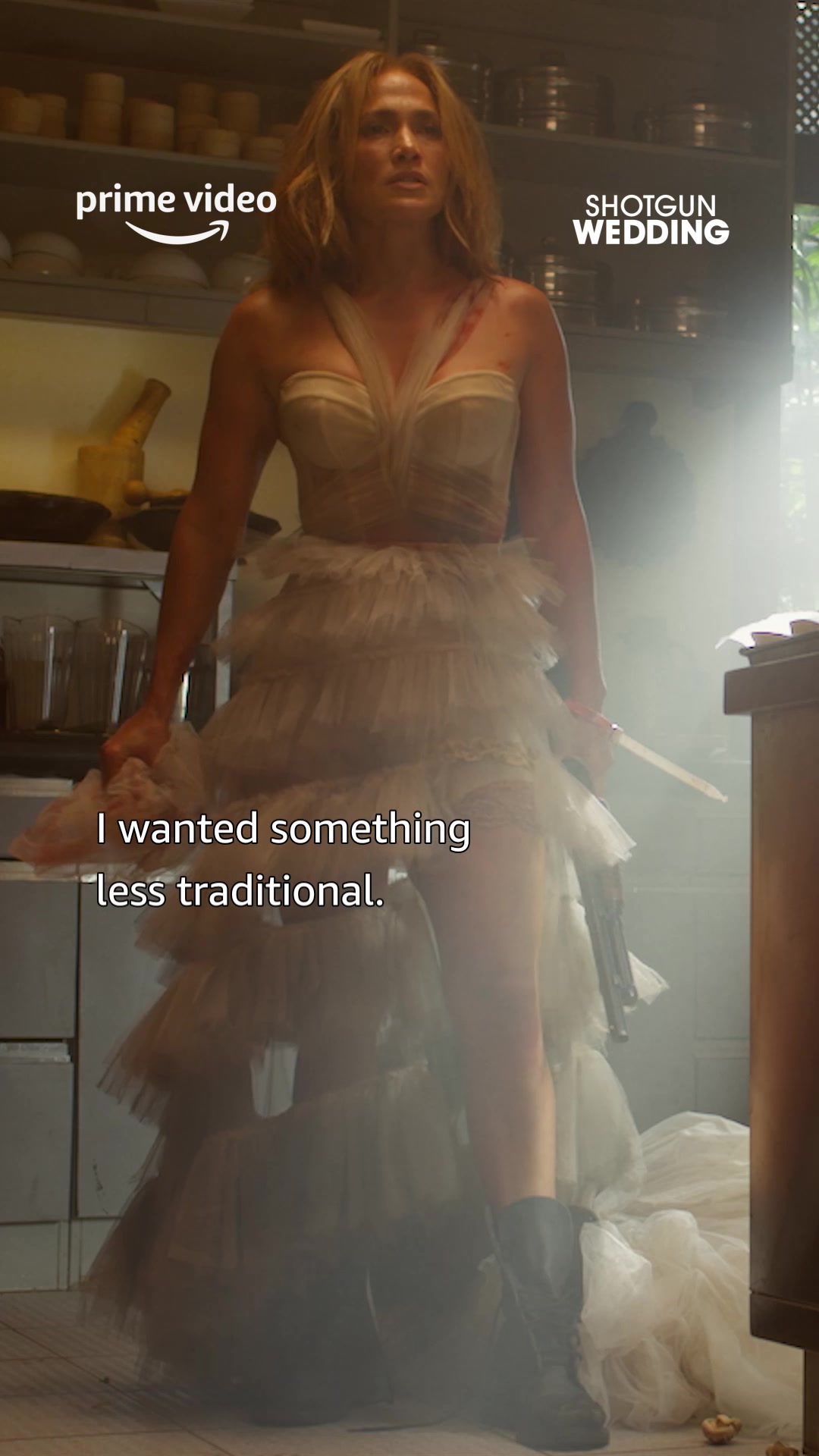
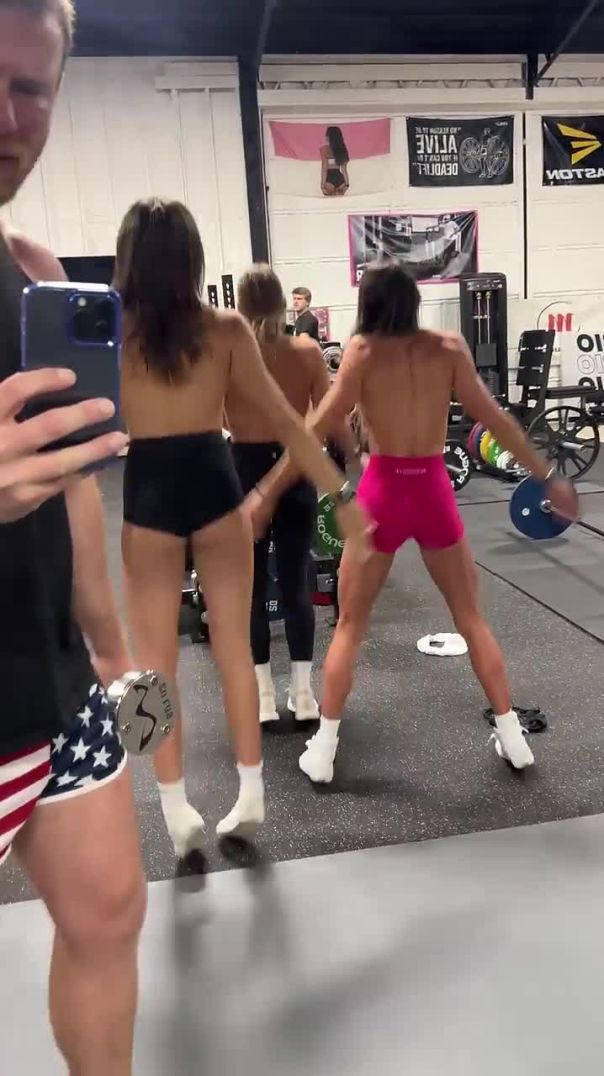






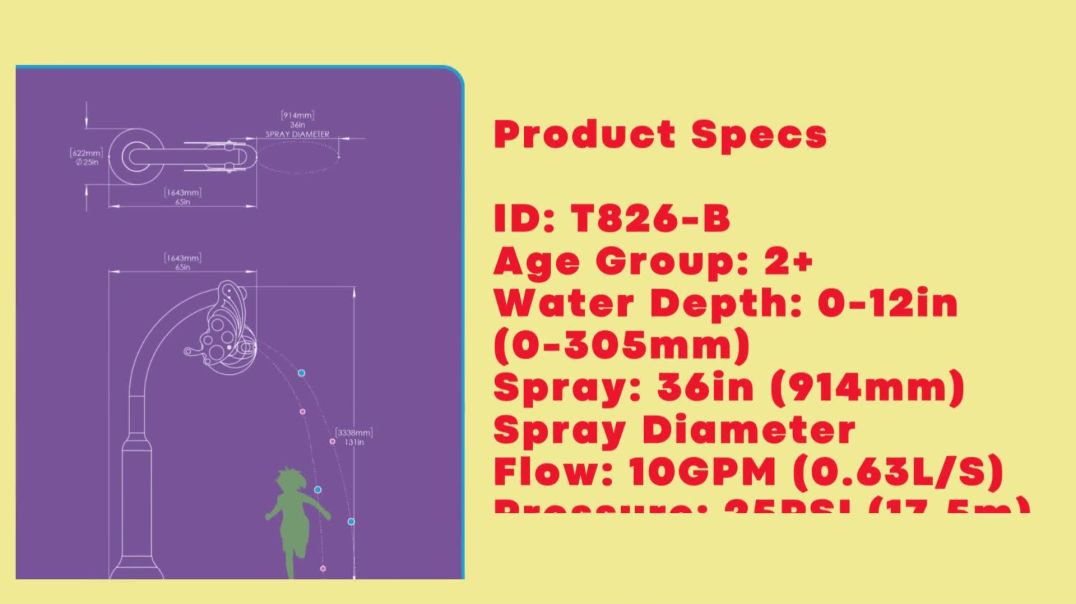


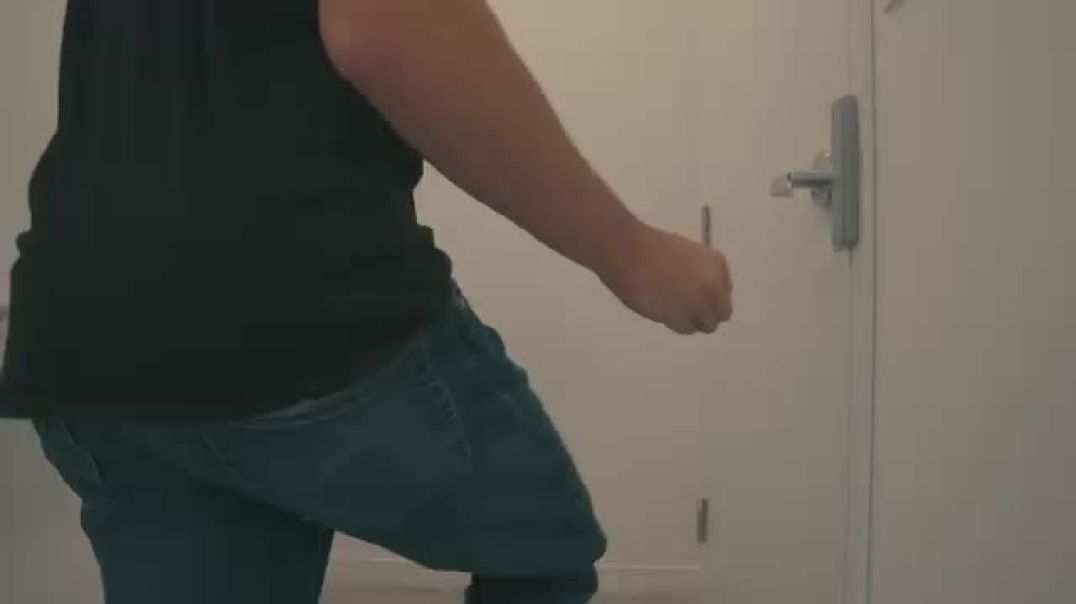


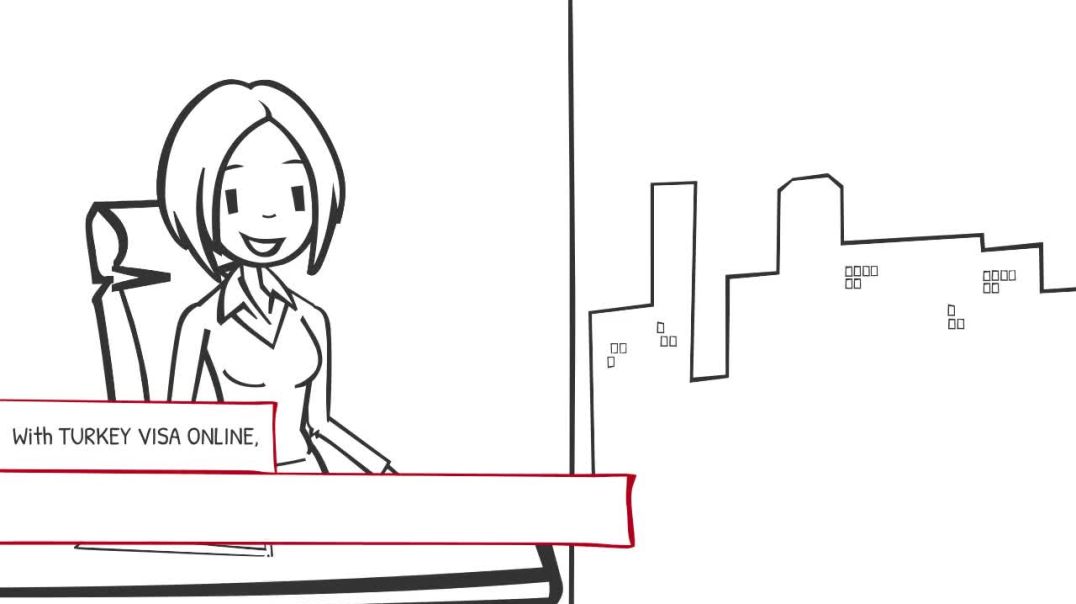









0 Comments